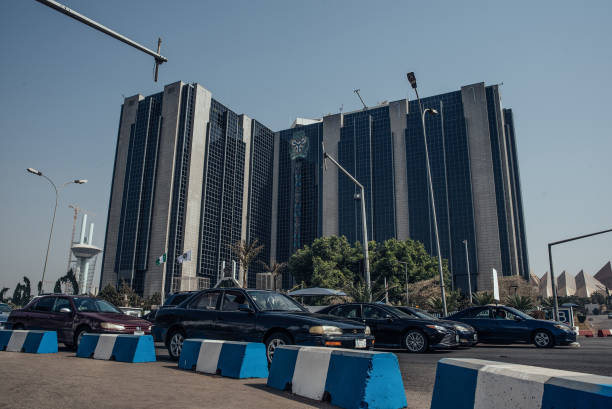The Central Bank of Nigeria (CBN) has launched the Nigerian Foreign Exchange (FX) Code, marking a significant stride towards enhancing transparency, stability, and ethical conduct in the nation’s foreign exchange market. The event, which took place at the CBN’s head office in Abuja, drew a large crowd of financial experts, policymakers, and media personnel.
Governor of the Central Bank, Dr. Olayemi Cardoso, spearheaded the unveiling of the FX Code. He emphasized the code’s role in building a transparent and stable market environment. “We aim to ensure that all market participants engage in practices that not only uphold the integrity of our markets but also promote a level playing field,” Cardoso stated.
Cardoso emphasized that this code marks a new chapter, stating, “We must not forget where we are coming from.” He affirmed the code’s role in rejecting past market distortions and committing to a future defined by fairness and trust. He warned that the CBN would not tolerate any regression to unethical practices, saying, “Let us be clear; the system itself played a key role in the challenges of the past. Unethical behaviors and systemic abuses, whether by those with privileged access or by complicit participants eroded public trust and harmed our economy.”
He also shared insights on the progress of market reforms stating: “Our journey towards market reform is already yielding results. The year 2024 brought structural reforms to return the naira to a freely determined market price and ease volatility, with several distortions removed from the market.”
He stressed the critical role of exchange rate stability for the Nigerian economy, affecting key areas such as balance of payments, external reserves, international trade, inflation, economic growth, and foreign investment. During the launch, alongside the CEOs of various Deposit Money Banks (DMBs) who signed the code in a show of commitment, Cardoso announced that the forensic audit of the $7 billion FX backlogs was nearly complete. “Final settlements of genuine FX liabilities to investors would be processed accordingly,” he added.
The FX Code comprises six guiding principles and 52 sub-principles, which Cardoso insists must become the standard across all institutions involved. He charged banking leaders to take these standards seriously, highlighting, “It is not just a set of recommendations; this is an enforceable framework. Under the CBN Act 2007 and BOFIA Act 2020, violations will attract penalties and administrative actions. Market participants must recognize that adherence to these principles is not merely about compliance but about restoring public trust in our financial system.”
Cardoso further emphasized the cultural change he expects within the industry, stating, “Self-regulation and conduct drive the cultural changes we will see at play in the industry, and I expect the principles of the FX Code applied across other business areas.”
He also specifically urged bank CEOs to commit to the code, stating, “If it doesn’t work, don’t blame anybody. We blame ourselves. Nobody to blame. We have ourselves to blame.”
Oliver Alawuba, Group Managing Director/CEO of United Bank for Africa (UBA) Plc, commended the CBN for its leadership and the reforms that have stabilized the FX market, restored investor confidence and ensured a more robust financial system. He described the introduction of the FX Code as a visionary step, “By embedding global best practices and fostering a culture of trust and equity, the code will enhance market efficiency, attract greater participation, and elevate Nigeria’s standing in the global financial landscape.”
















